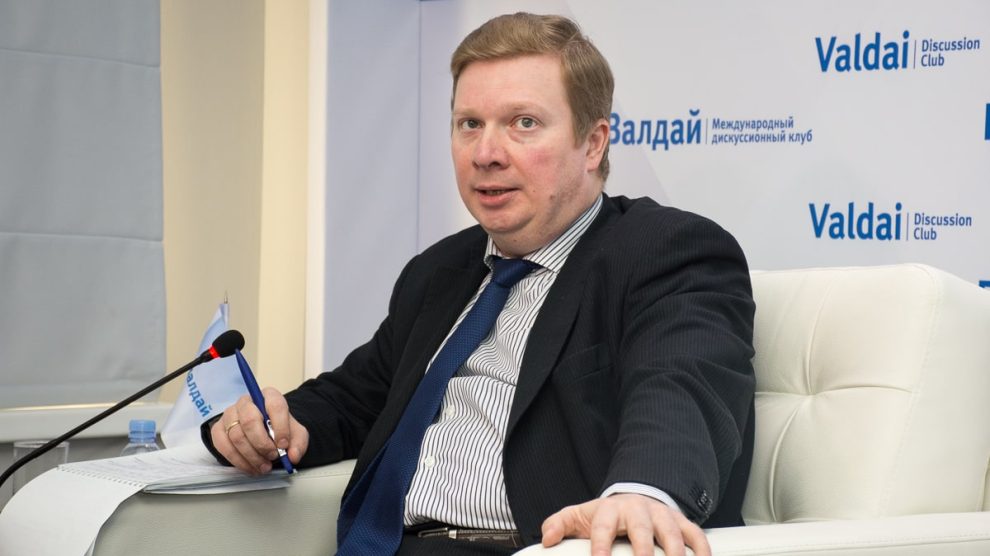Hammering on. As the September 25 elections in Italy draw nearer, Russia’s attempts to influence the vote are far from waning. The latest addition was Corriere della Sera’s interview with Dmitry Suslov, director of the Centre for European and International Studies at the Higher School of Economics, one of Russia’s leading foreign policy institutes.
The Russian version. In a nutshell, Mr Suslov argued that the war in Ukraine has become an attrition war and that the end isn’t in sight, given that none of the two sides – Russia on the one hand, Ukraine and the Western support on the other – has run out of steam.
- He added that the sentiment in Russia is that the country can sustain the effort for a long time and argued that its economy has adapted to the Western sanctions – which are unlikely to become more, he said, given that “Western countries cannot afford it” and has run out of additional options.
- He also pointed to Ukraine’s economic hardships as a critical disadvantage of the resistance.
Does the wind shift start in Italy? Given all of the above, and noting that the Italian centre-right coalition is slated to win the upcoming elections, Mr Suslov said that the new government “will likely adjust [the country’s] approach to the war and to relations with Moscow.” An experiment that could well be replicated elsewhere in the EU and the US, he continued, through the likely Republican victory in November’s midterm elections.
- Hence, the Russian think tanker believes there’s a “growing probability that the collective West’s position will change, both on military support and sanctions.” This could happen by early 2023, he added.
Lorenzo Guerini’s response. “First Medvedev, today Suslov hoping for a centre-right victory to make Italy an EU laboratory in ending support for Ukraine,” tweeted the Italian Defence Minister and member of the centre-left Democratic Party. “Some loves don’t end… There is also this at stake on September 25.”
- He was referring to an earlier instance of Russia interfering with the Italian elections (when, last week, former President Dmitry Medvedev urged Italian voters to “punish” their pro-Ukraine governments through the ballots) and to the links between two rightwing parties and Vladimir Putin.
- “I would not want sanctions [on Russia] to fuel the war,” said the League’s Matteo Salvini on Tuesday, casting doubts on their effectiveness and urging a “rethink.” That same day Antonio Tajani, head of Forza Italia, noted that the sanctions could not stay indefinitely.
- However, Giorgia Meloni, the frontrunner to lead the centre-right coalition, has spoken of unconditional support for the Ukrainian resistance.
Watch out: the risk of influence is very real. In its annual report, Parliament’s Intelligence Committee warned of Russia interfering with Italy’s electoral process through fake news, disinformation, social media campaigns and trolls. It also noted that the country is ill-equipped to deal with this manner of attack.
Image: Valdai Discussion Club




